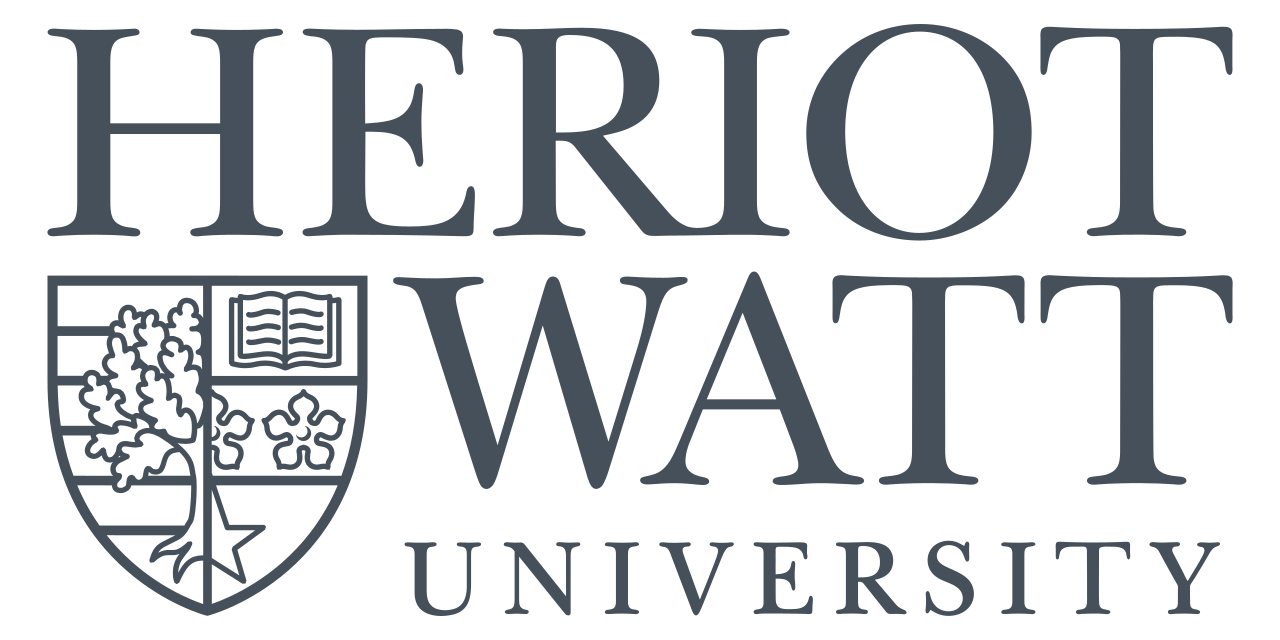Organisers should contact the ICMS Centre Manager to discuss ideas and dates before submitting their proposal for any of the Mathematics for Humanity initiatives.
For activities within the UK, at least one of the applicants on any proposal should be eligible for funding from the UKRI. For applications to the MFH-Activities Worldwide programme, this restriction will be waived. All proposals are externally reviewed.
Timelines
Applicants should bear in mind the time needed to plan their activity if their proposal is accepted. For example, research workshops or schools typically take 12 months to organise, whilst other activities can be arranged within a shorter timescale.
The Scientific Committee will come to a decision within 10-12 weeks of the submission deadline.
The next closing date for submission of proposals will be 3 November 2025.
Processing of Proposals
When formal proposals are received the Director will, after consultation with the members of the Mathematics for Humanity Scientific Committee, appoint referees to review the proposal. One referee will be chosen from the list supplied by the proposer and the others by recommendations from the Scientific Committee. Note that the committee cannot normally consider a proposal that receives fewer than three referees’ reports. Once sufficient referees’ reports are received the Director will send the referees’ comments to the proposer and invite a response. The Director may ask for a proposal to be revised in the light of the referees’ comments.
The Committee will be presented with the proposal (and revision where this has been requested), the referees’ comments and proposers’ responses. Each member will be asked to score all proposals on the basis of the referees’ comments, and their judgement on how well the project aligns to the objectives of the particular theme. The scores are:
- Excellent and likely to have a high impact
- Very good. Likely to further the theme’s objectives
- Satisfactory. Has potential but needs revision
- Does not meet criteria
Normally, a minimal number of six scores should be received for a proposal to proceed. For each committee member who abstains because of conflict of interest, the minimum number will be reduced by one. For example, if one member is conflicted, the quorum becomes five, if two are conflicted, it becomes four. The rationale is that the conflicted member should not influence the outcome by scoring but should be regarded as holding a position.
The collated scores and comments will be circulated to the Committee, inviting email discussion. An average mark of 2 or less will normally be approved for funding. This is subject to an overall consensus in the committee that the outcome is reasonable. In the rare instance that consensus cannot be reached, the decision will be relegated to the ICMS Scientific Steering Committee.
Once consensus is reached, the Director will recommend to the ICMS Management Committee those proposals that should be funded, bearing in mind the resources available and the need to produce a balanced programme.








